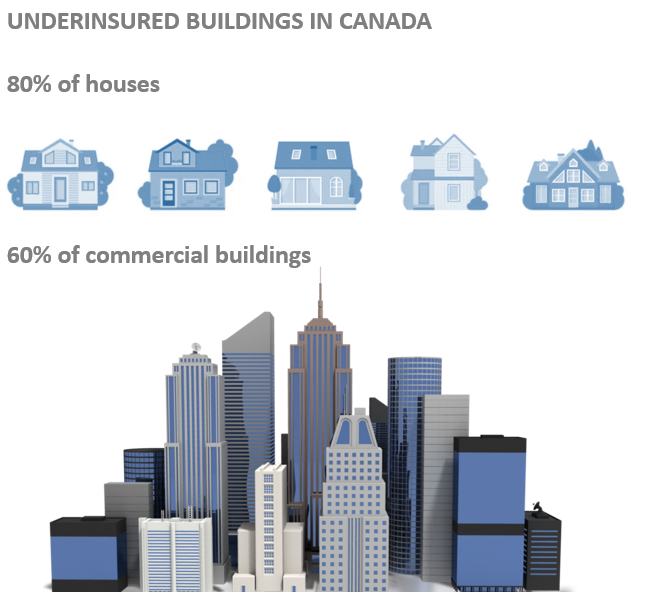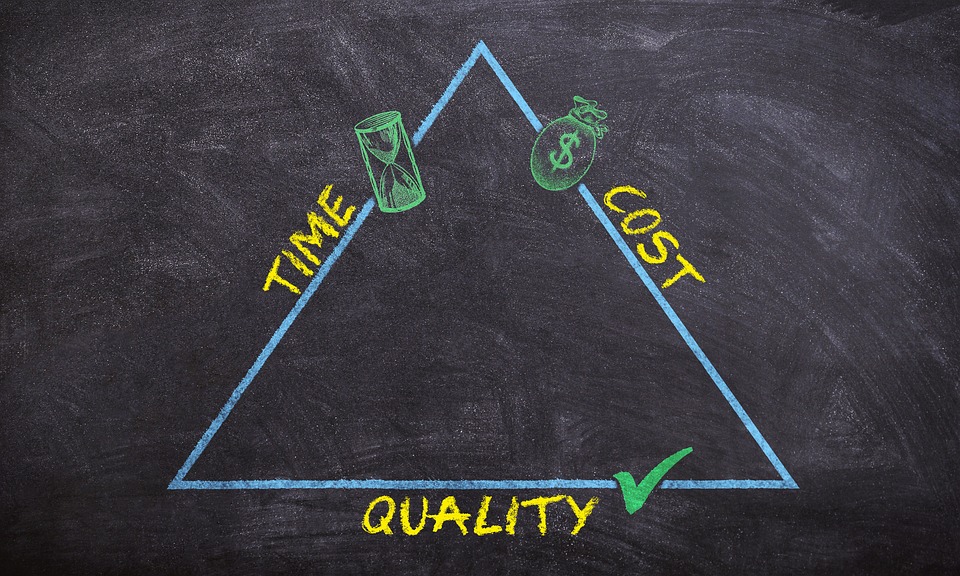Improving to Serve you Better

At Suncorp, our Brand Promise is On-time, Credible and Professional. We built our reputation on consistently delivering this Brand Promise.
At least until COVID arrived. During the initial COVID recovery phase (2020-2021) there was a significant increase in demand for insurance appraisals which overwhelmed the global appraisal industry. In fact, many industries other than appraisal services were overwhelmed by the new realities as the world emerged from the first few COVID years.
Demand for appraisal services increased so quickly that appraisal firms struggled to adjust. This sharply increased demand changed the dynamic of the “triple constraints” which all businesses face: “Quality, Speed, Price; You can have two, but not all three.”
Appraisal firms faced a very difficult choice. Either cut back on quality to deliver appraisals on time. Or maintain quality levels, but at the cost of missing some deadlines.
The apparent solution to all this was to hire. However, in our industry it takes years for an individual to complete the proper training and gain adequate experience to become an appraiser with the skills needed to produce services at the quality levels that Suncorp is known as a top-tier firm. Exacerbating this problem is that during the 2021-2023 period there was a global skilled labour shortage in all industries including appraisal, which made recruitment very difficult.
Many appraisal firms chose the fast and cheap route to capture additional market share. And those firms grew. Of course, that approach comes at a cost, mostly to their clients. Those firms chose to cut corners on data acquisition and research, and to cut costs such as no longer purchasing E&O insurance. The result is appraisal services delivered on time, but predictably those appraisals are of much lower reliability, and often have no back-up E&O insurance to protect clients in the case of errors.
At Suncorp we chose a different path, albeit more difficult and challenging. We chose to take the high road and maintain quality. We chose to not cut corners or take shortcuts. This is true to the “…credible and professional…” elements of our Brand Promise. However, we struggled to deliver on time.
How did we implement this strategy? We initiated a three-point plan:
1) Maintain and enhance research, analysis, and quality
An appraisal estimate is only as good as the quality of the data and analysis it is based on. During recent years the professional team at Suncorp continued to employ tried-and-true data acquisition, verification, and analysis methodology. During the 2021-2023 period, we observed very dysfunctional markets including deflationary and inflationary periods, increasing our research efforts. All this resulted in appraisal estimates that were and are accurate, credible, and reliable.
2) Aggressively recruit and train
During the 2021-2023 period Suncorp’s HR team implemented an aggressive strategy to recruit, screen and onboard professional staff at all levels. Although there was significant labour market competition, Suncorp’s reputation in the industry as an employer-of-choice meant that we had the upper hand. We successfully attracted many high-quality individuals to our team and virtually doubled our staff count within our Professional Services divisions. We also successfully increased our roster of qualified and experienced subcontractors who are located across the globe.
3) Implement meaningful internal process improvements
Although process improvement is an ongoing endeavor, we completed a deep dive into all internal procedures and processes to eliminate redundancies and red tape. We have also made a significant investment in IT equipment, software, and training. Suncorp continues with these significant investments during the 2024-2025 period to increase efficiency and throughput.
As an additional example, in 2022 Suncorp opened an office in Hyderabad India which his staffed by a team of skilled and experienced appraisers. Many of our appraisal files now never “sleep” in that someone is always working on the file 24 hours/day. This model also increases efficiency and throughput, helping us to better deliver on time.
During the past few years Suncorp admittedly struggled with On-Time delivery as we adjusted to the new business realities. However, we take comfort in knowing that the services we delivered during that period are of high quality and reliability.
Due to our successful three-point strategy, Suncorp’s on-time delivery improved greatly during 2023. Suncorp is now back to consistently delivering on our full Brand Promise.







